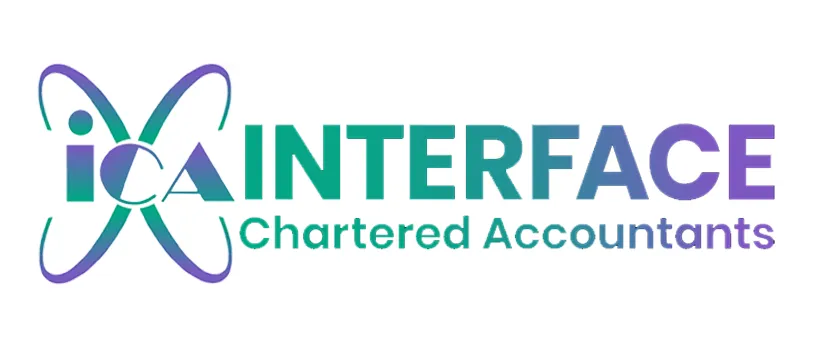The world of taxes and self-assessment can be a confusing realm for many individuals. HMRC has specific rules for different situations, making it challenging to determine whether you need to file a self-assessment tax return. In this blog, we will provide a comprehensive guide to help you understand if you fall under the category of taxpayers who need to file a self-assessment return and also if you need the help of an accountant or not.
What is a Self-Assessment Tax Return?
A self-assessment tax return is a method used by HMRC to collect Income Tax on income that is not taxed at the source, such as income from self-employment, rental properties, or investments. If HMRC sends you a ‘notice to file,’ it means you must complete a self-assessment tax return.
Who Needs to File a Self-Assessment Tax Return?
As a general rule, anyone who receives income that is not taxed at the source needs to complete a self-assessment tax return. This includes:
- Sole traders and self-employed individuals.
- Partner in business partnership.
- Landlords with rental income.
- Individuals receiving income from abroad.
- Tips and commission.
- High earners (earning over £150,000).
- Income from savings, investments and dividends.
Specific Situations Requiring Self-Assessment
Specific Situations Requiring Self-Assessment
If you earned more than £1,000 from sources other than salary, pension, or savings, you need to file a self-assessment return. This applies to freelancers and certain contractors too.
Company Directors
Company directors must file a personal self-assessment tax return, separate from the company tax return. It includes providing details of earnings, benefits and dividends related to the directorship.
Partnerships
Partnerships must have a nominated partner responsible for the partnership’s tax records. Both the partnership and the individual partners need to file separate self-assessment tax returns.
Landlords
If you receive rental income from any property, even if it’s just a room or parking space, you might need to file a self-assessment return. You need to declare all taxable income and can deduct certain allowable expenses from rental income.
High Earners
Individuals earning over £150,000 annually must file a self-assessment tax return. Adjusted net income and changes in Personal Allowance must be considered for accurate tax calculations.
Foreign Income
Individuals with income from abroad, like overseas property rental, foreign investments, or wages from working abroad, may need to pay tax on that income and file a self-assessment return.
Gig Economy Workers
Gig workers, being responsible for their own tax and National Insurance, must file a self-assessment tax return to report their income.
Important Deadlines
The deadline for filing a self-assessment tax return is 31st October for paper declarations and 31st January for online filings. Missing the deadline can result in penalties from HMRC, so it’s essential to be prepared ahead of time.
Conclusion
Navigating self-assessment tax returns can be challenging, but understanding your tax obligations is crucial to avoid penalties and comply with HMRC regulations. If you find yourself unsure about your tax situation, seeking the help of a self assessment accountant is invaluable. Interface Accountants can provide expert guidance, ensuring you file accurate and timely self-assessment tax returns.
 Skip to content
Skip to content

